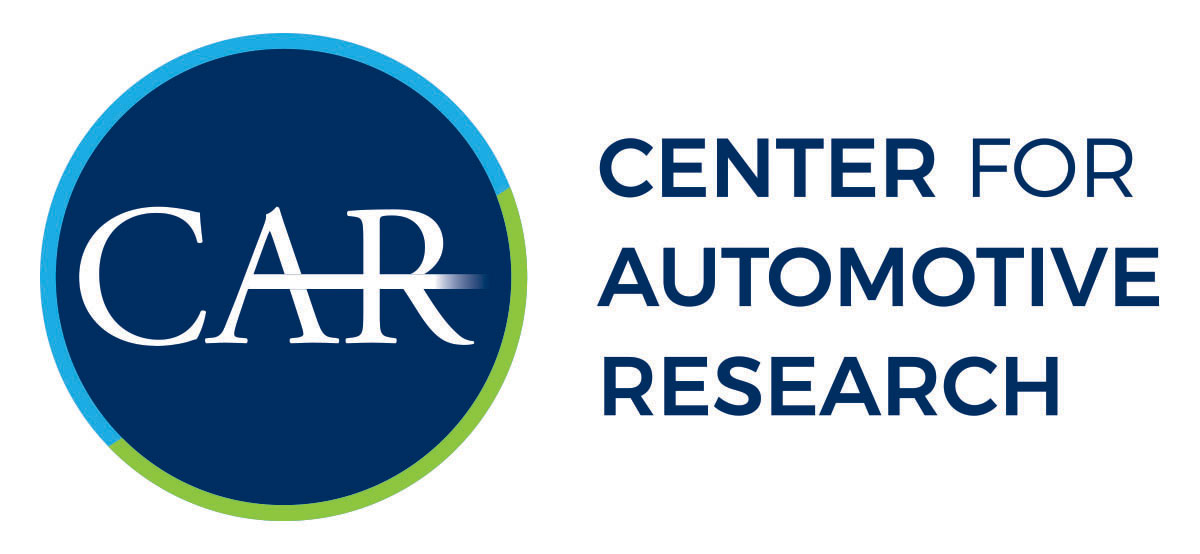Low-Volume Vehicle Production
Download NowFull Description:
Many auto companies are targeting low-volume vehicles as a means to increase market share and, in some cases, to establish a “halo effect” with niche products. Engineering and production resource availability, and manufacturing cost are two critical constraints present in low-volume products. These constraints can be addressed in a variety of ways. Many automotive OEMs have developed relationships with external suppliers to provide engineering and production capacities, while others have placed greater emphasis on developing internal flexibility. Flexibility can be achieved in two main areas: through flexible manufacturing technologies and product design flexibility (e.g., strategic use of carry-over parts and parametrically designed components). The most advanced companies have taken both approaches: developing strategic external partnerships while increasing their own internal flexibility.
Sponsored by: American Plastics Council; ASC, Inc.; Dana Corporation; Diversified Tooling Company; KUKA; Flexible Production Systems; McKinsey Consulting; TATA Consulting and United Tooling Coalition.
Download Now